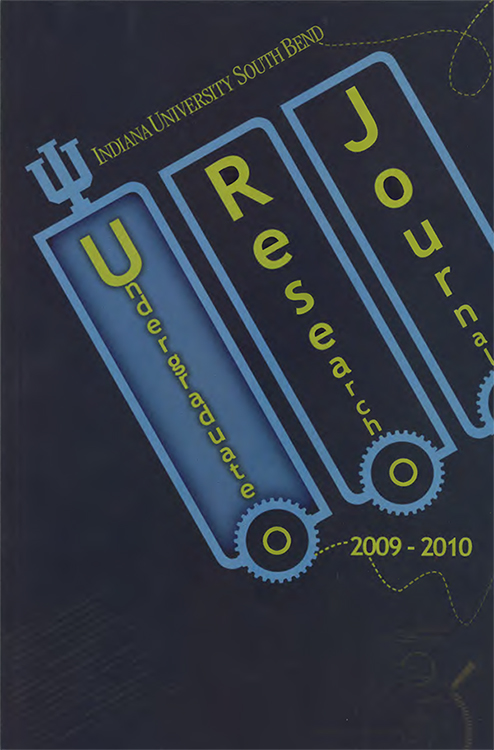"The Silent Language of the Heart" Language, Sentiment and Class Distinctions in 18th Century England
Main Article Content
Abstract
This paper explores the interactions between class distinctions, the standardization of the English language and the theory of sentiment in eighteenth century England. At this time, social mobility was increasing and the rigid class hierarchy was threatened. The upper class attempted to stabilize their position by standardizing upper class English as the only moral form of speech. However, lower class people could still learn how to speak like the upper class. ln order to solve this problem, various thinkers proposed that one could tell whether plain speech was being used properly or not using sentiment or an emotional sensitivity to nonverbal cues of the speaker. This paper explores the historical interaction between sentiment and class primarily in Frances Burney's Evelina.
Downloads
Download data is not yet available.
Article Details
Section
Articles
IUSB Student Journal Copyright Agreement
☐ I declare that this submission is my original work, and that it does not, to the best of my knowledge, infringe upon anyone's copyright.
☐ I agree that that [the journal] may, without changing the content, translate the submission to any medium or format for the purpose of preservation.
☐ The Undergraduate Research Journal may keep copies of my submission, and to translate it to any medium for future reproduction and distribution. I understand that I have the right to request that my submission be removed from IUSB online sources at any time by emailing Stephen Finlay, IUSB ScholarWorks administrator, at scfinlay@iusb.edu. Once I have made the request, the item in question will be taken down immediately.
